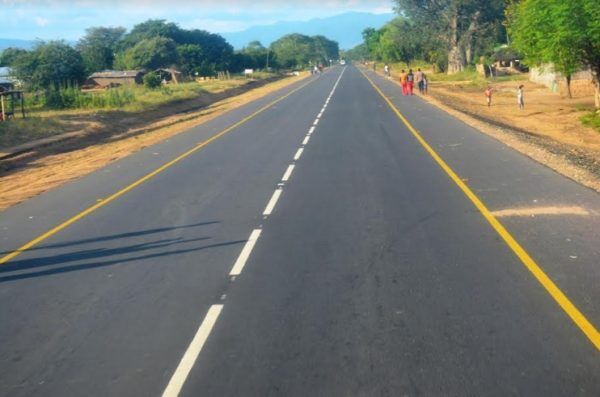
Minister of Transport and Public Works Ralph Jooma says road tolling will not be implemented on poor roads but roads which are in fair and good conditions.
Jooma made the remarks in a ministerial statement on the status and progress on implementation of road tolling delivered in Parliament on Wednesday.
He said the tolling strategy is to only toll roads that are in fair or good condition but where the road is in poor condition, it will be a requirement to first rehabilitate the road to good condition prior to tolling.
“Where the road is in fair condition, part of the resources raised will be used to maintain the road and bring it to good condition to justify the road users continued paying of toll fees,” he said.
He added that the project will be implemented using a phased approach and currently government is focusing on two sites namely Kalinyeke in Dedza and Chiingeni in Ntcheu on the Blantyre – Lilongwe M01 Road Section.
According to Jooma, Kalinyeke Toll Gate is scheduled to be operational in April 2020 and so far relevant land has been acquired, project affected persons have been compensated and construction works are expected to commence works in March, 2020.
On Chingeni Toll Gate, Jooma said construction works are expected to be completed in July 2020, with ICT installations planned for August 2020 and the toll gate is scheduled to roll out operations in September 2020.
Other possible sites identified based on traffic volumes include Jenda–Mzuzu M01 road section; Lilongwe–Mchinji road; Lilongwe–Salima road; Limbe–Mulanje road; Zalewa–Mwanza road; Liwonde–Mangochi road.
According to Jooma, under the current plan, there will be three classes of toll gates (termed Class A, B and C) dependent on average daily traffic volumes to ensure that the toll gates are economically viable.
“Class-A toll gates will be the highest type and will be suitable for high traffic volume roads with average daily traffic in excess of 4,000.
“Class-B toll gates will be suitable for medium traffic volume roads with average daily traffic in excess of 2,500.
“Class-C toll gates will be suitable for low traffic volume roads with average daily traffic in excess of 1,000,” he said
The minister also told Parliament that road tolling has been introduced because there is need for substantial resources to be dedicated towards road maintenance and rehabilitation.
He said the Roads Authority estimates that a minimum annual budget of MK80 billion would be required to carry out ideal periodic maintenance on the country’s public road network but the amount is far higher than the K52 billion collected by the Roads Fund Administration through Fuel Levy and International Transit and Road Access Fees.
He also assured the legislators that a robust ICT based tolling management system has been procured to ensure that there is no revenue loss at the toll gates.
He said: “The tolling system will be linked to the vehicle registration database of the Directorate of Road Traffic and Safety Services and monitored in real time from the Road Fund’s Head Office’s control room.
“The use of plastic money and mobile payment systems will be encouraged to reduce physical handling of cash and to reduce congestion.”















Yet another tax!! Surely toll roads are there to facilitate a smooth flow of traffic and should offer alternatives for those that cant afford the toll.
There is nothing that suggests either of the above other than to collect yet from the current road users